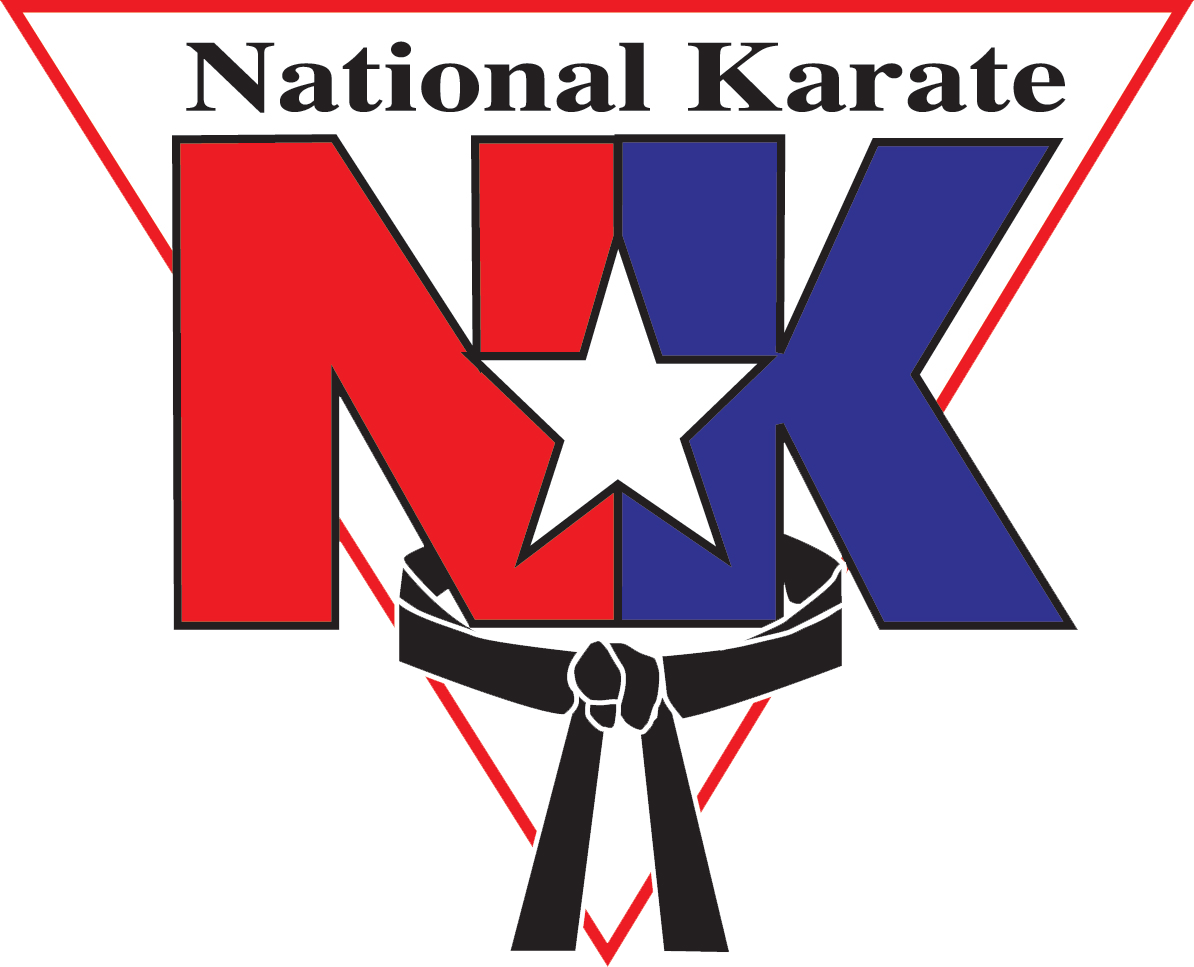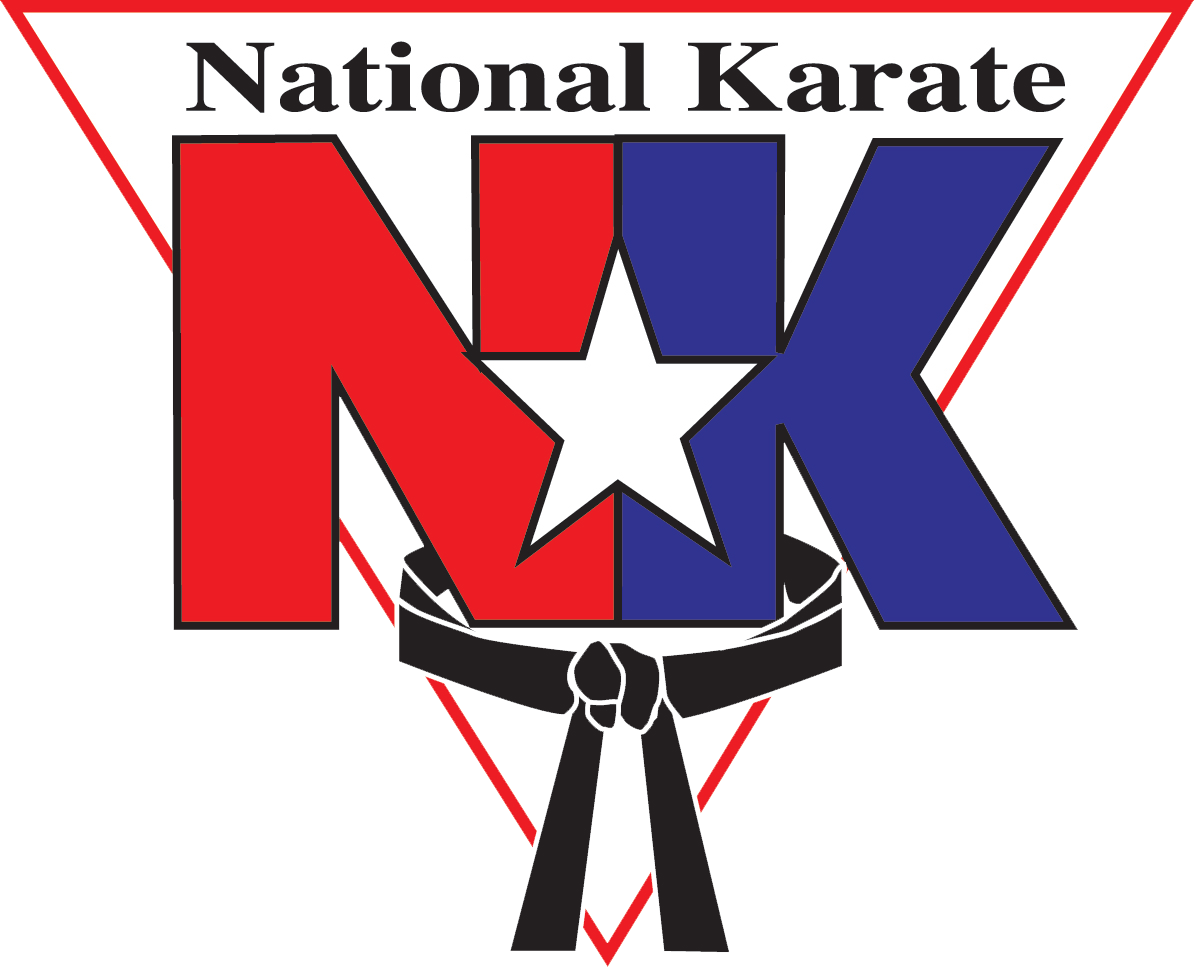National Karate History And Traditions
Karate in Korea
In 1945, Chung Do Kwan, Korea's first post war dojan (school) is opened by Master Won Kook Lee. Jhoon Rhee would later become a student and then instructor at the Chung Do Kwan.
Then in 1955, Korean Martial Arts leaders unify several kwans (schools) and adopt the term "Tae Kwon Do" as created and submitted by General Choi Hong Hi, the President of the Korean Tae Kwon Do Association.
The Father of American Tae Kwon Do
In 1956, Jhoon Rhee moves to the United States and attends San Marcos Southwest Texas State College and opens a "Karate Club" at the college.
Jhoon Rhee is now known as the "Father of American Tae Kwon Do" because he is the first person to bring Tae Kwon Do from Korea to the United States. As Mr. Rhee's students become Black Belts, the little known sport of martial arts begins to grow.
"Tex Kwon Do"
Because of this growth under Master Rhee's tutelage, Texas becomes one of the most important and prolific martial arts areas in the country. The American style of Tae Kwon Do practiced there soon became nationally recognized for its bruising style of fighting and was often referred to as "Tex Kwon Do" reflecting its Texas roots.
It was in this hard-hitting environment that Chuck Norris, John Worley, Larry Carnahan and others of that era earned their stripes and would eventually spread martial arts across the country.
Some of Mr. Rhee's first Black Belts, Allen Steen and J. Pat Burleson open the first commercial martial arts schools in Texas.
Bruce Lee
It was at the 1964 Long Beach Karate Championships where Bruce Lee first met taekwondo master Jhoon Rhee. The two developed a friendship — a relationship from which they both benefited as martial artists.
Jhoon Rhee taught Lee the side kick in detail, and Lee taught Rhee the "non-telegraphic" punch. John Worley, the founder of the National Karate Schools would later perform Karate demonstrations with Bruce Lee in the 1970's.
Karate in Washington D. C.
IIn 1960 Jhoon Rhee departs Texas and moves to Washington D. C. and opens the professional chain of martial arts schools known as the Jhoon Rhee Institute.
He asks John Worley to join him to manage and instruct at one of his schools and later that year Larry Carnahan joins them. They soon become the Institutes top instructors. Master Rhee becomes a very successful businessman and in addition to his prosperous chain of martial arts schools, he invents the first line of martial arts protective gear.
Mr. Worley tells the humorous story of how he and the other Jhoon Rhee instructors would be asked to test Master Rhee's first prototypes of martial arts gloves and footpads made of foam rubber and duct tape. When the instructors were asked what they thought of the new pads the universal answer was almost always, "They need more padding Mr. Rhee!" Jhoon Rhee finally perfects the sparring equipment, which is very similar to the equipment that we still use today.
Grand Master Rhee is one of the few true 10th Degree Black Belts in the United States (the highest possible rank in the martial arts). He now spends his time training U.S. Senators and Congressmen and other famous students.
Our Karate Founders
Both Mr. Worley and Mr. Carnahan have a very storied history in shaping martial arts in America. Here are some highlights:
Grand Master Worley:
- He tested for Black Belt with an esteemed panel of examiners including film star Chuck Norris.
- He performed karate demonstrations with Bruce Lee in the 1970's.
- He served as the expert "Fight Commentator" for ESPN on televised Kickboxing events from 1983-1989.
- He was one of the most recognized Fight Promoters of Professional Kickboxing bouts in the 1980's and 90's.
- He was the Vice-President of the kickboxing federation known as the PKA (Professional Karate Association – based in Los Angeles)
- He is the co-founder and co-promoter of the Diamond Nationals – the largest and most prestigious sport karate tournament in North America.
- He is the co-founder and co-President of the National Karate Schools.
- He currently holds a 9th Degree Black Belt and is one of America's highest ranking Black Belts. Out of respect for Master Rhee, Master Worley will not promote to 10th Degree Black Belt until Master Rhee passes away to avoid Instructor and student being the same rank.
Grand Master Larry Carnahan:
- He was one of the early pioneers of professional Kickboxing were the fighters fought their first bouts using hand pads not boxing gloves. Eventually they adopted boxing gloves.
- He was ranked among the top ten professional Kickboxers in the world from 1976-1982.
- He was honored as one of the "Top Ten Black Belts" in the Nation in 1975 by Karate Illustrated Magazine.
- He is the current President of NASKA (North American Sport Karate Association) the world's largest sport karate sanctioning body. (1990-current.)
- He is the co-founder and co-promoter of the Diamond Nationals – the largest and most prestigious sport karate tournament in North America.
- He is the co-founder and co-President of the National Karate Schools.
- He currently holds a 9th Degree Black Belt and is one of America's highest ranking Black Belts.
Karate in Minnesota
In 1973, Mr. Worley and Mr. Carnahan decided that Middle America was ready for the martial arts. With Master Rhee's blessing they and some associates moved to Minnesota and opened Mid-America Karate, what eventually became known as The National Karate Schools. (Even though National Karate teaches Tae Kwon Do, Karate, Kickboxing and other blends of martial arts, the name "Karate" was chosen because it was the most recognized label for martial arts in the 1970's.) In those days, karate was not well known and most landlords were not willing to lease to a bunch of out-of-town guys who wanted to open a karate school. So after being rejected by landlords at all their desired locations they instead had to eventually settle for the one place that was willing to rent them space. Even though they didn't get to open in their most desired location it didn't matter because through their hard work, determination and passion, they eventually grew their organization to be the market leader in their region. As of this writing the Minnesota National Karate Schools have 23 full time locations.
Diamond Nationals
In 1978 the first Diamond National Karate Championships is promoted in St. Paul, Minnesota. Approximately 550 competitors enter the event—which received great reviews due to the high level of competition and organization. It will become North America's largest and most prestigious martial arts tournament. It is named the Diamond Nationals because the Black Belt grand champions win a diamond ring. It is an "Open" tournament which means all schools and all styles are invited to compete. It has been voted the #1 tournament in the United States for the last 19 years, and recently the #1 Tournament in the World!
National Karate Quality
Over the years, the NK schools have produced some of the finest martial artists in the country. They have produced World Champions in nearly every arena of competition including professional Kickboxing and Sport Karate tournaments (in both Forms and Sparring). It is often said that a student could walk into any major martial arts tournament in the United States and the competitors and promoters will know about the National Karate Schools.
That tradition of top fighters and form competitors continues today with dozens of NK Black Belts holding top World Rankings and Championships. Although most students do not desire to be world-class competitors, it is nice to know that the training they are receiving is of world-class quality.
Karate in Chicago
In 1995, the National Karate Schools expanded to the Chicago market where there are now 5 full time schools and many satellite locations including Lifetime Fitness, Wheaton Athletic Club, Bartlett Park District, South Elgin Park District and Kinder Care learning centers. Another benchmark of student quality is competition, and since 1995, the competitors from Chicago NK who have traveled to the Diamond Nationals have had a 79% winning percentage. This quality has been achieved through an amazing staff of Instructors who are passionate about helping their students achieve their best physically and mentally.
About Master Nelson
Cristian Nelson began training with the National Karate Schools in 1983 under the expert tutelage of 9th Degree Black Belt, Grand Master John Worley, who is one of America's most prominent martial artists. Mr. Nelson also studied and trained with some of the top professional fighters of our time including these National Karate Instructors: World Kick-Boxing Champion John Longstreet, and U.S. Kick-Boxing Champions Scott Masterton and Terry Norblom.
Mr. Nelson began his martial arts teaching career in 1987 and as soon as 1990, he was presented with the "School of the Year" award. While teaching karate he also doubled his time by attending the University of Minnesota where he studied Business and Communications.
After college, Mr. Nelson then pursued his sport karate career in earnest where he won or placed in nearly every karate tournament he entered. In 1994, the N.C.K.A. (North Central Karate Association) presented him with the "Top Competitor Award" for fighting. Some of his other awards include; the prestigious "Instructor of the Year" award, he is a 6-time winner of the "School of Champions" award (1991-1996), and a 8-time winner of the "School of the Year" award. In 2005, he was awarded the "John Worley Leadership Award" for Organizational Excellence. In 2012, his schools were voted the "Best Martial Arts Studio's" in the Chicago area by the readers of the Daily Herald newspaper.
Out of the 10,000 students promoted to 1st Degree Black Belt in the National Karate system, Mr. Nelson is only the fourth person to be promoted to 7th Degree. In June of 2012 he reached a very important milestone in which he has promoted over 1,000 students to the rank of 1st Degree Black Belt. He currently oversees the training of over 1,200 students and conducts advanced training for 30 instructors and staff.
Master Nelson attributes any success and accomplishments he may have had to God's grace and to the help of the great instructors he has been blessed to work with.
Mr. Nelson and his wife Kelly (a 3rd Degree Black Belt) live in the western suburbs of Chicago with their 4 children.
Karate in Wisconsin
Gopi Doniparthi becomes the second NK Director to expand National Karate into a new state by opening in the suburbs of Milwaukee, Wisconsin in May of 2008.
Summary
In summary, the National Karate Schools is blessed to have one of the richest histories in the martial arts. Every NK Black Belt can be proud to be part of an organization that has such a strong lineage of Masters, and reputation for quality. When you follow this lineage from its roots in Korea, to the Karate Club in Texas, to Washington D.C., to Minnesota, to Chicago, to Wisconsin, you can see the quality and see why National Karate has become not only the largest martial arts organization in the Midwest, but one of the strongest and most recognized martial arts organizations in America.
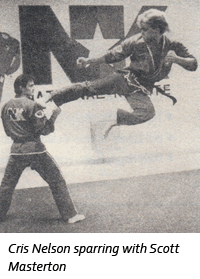
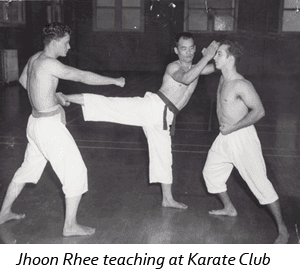
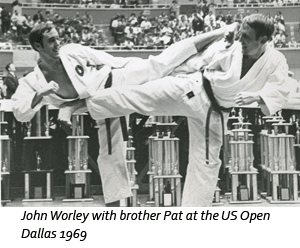
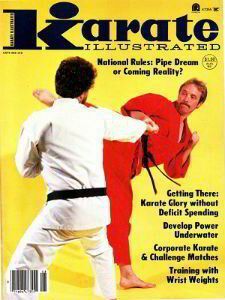
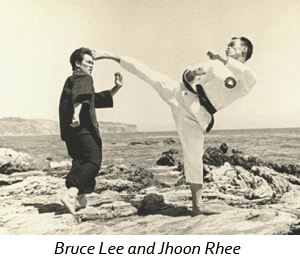
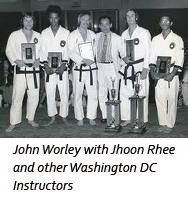
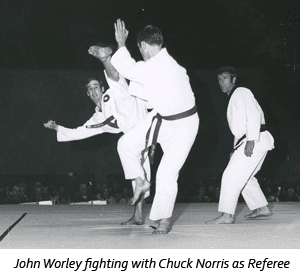
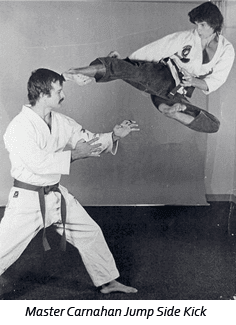
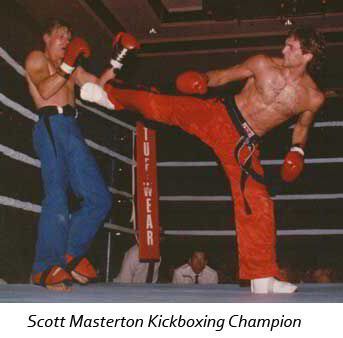
ACCESS OUR SCHEDULE
& EXCLUSIVE WEB SPECIAL
Secure your spot and get started today with our EXCLUSIVE offer!
